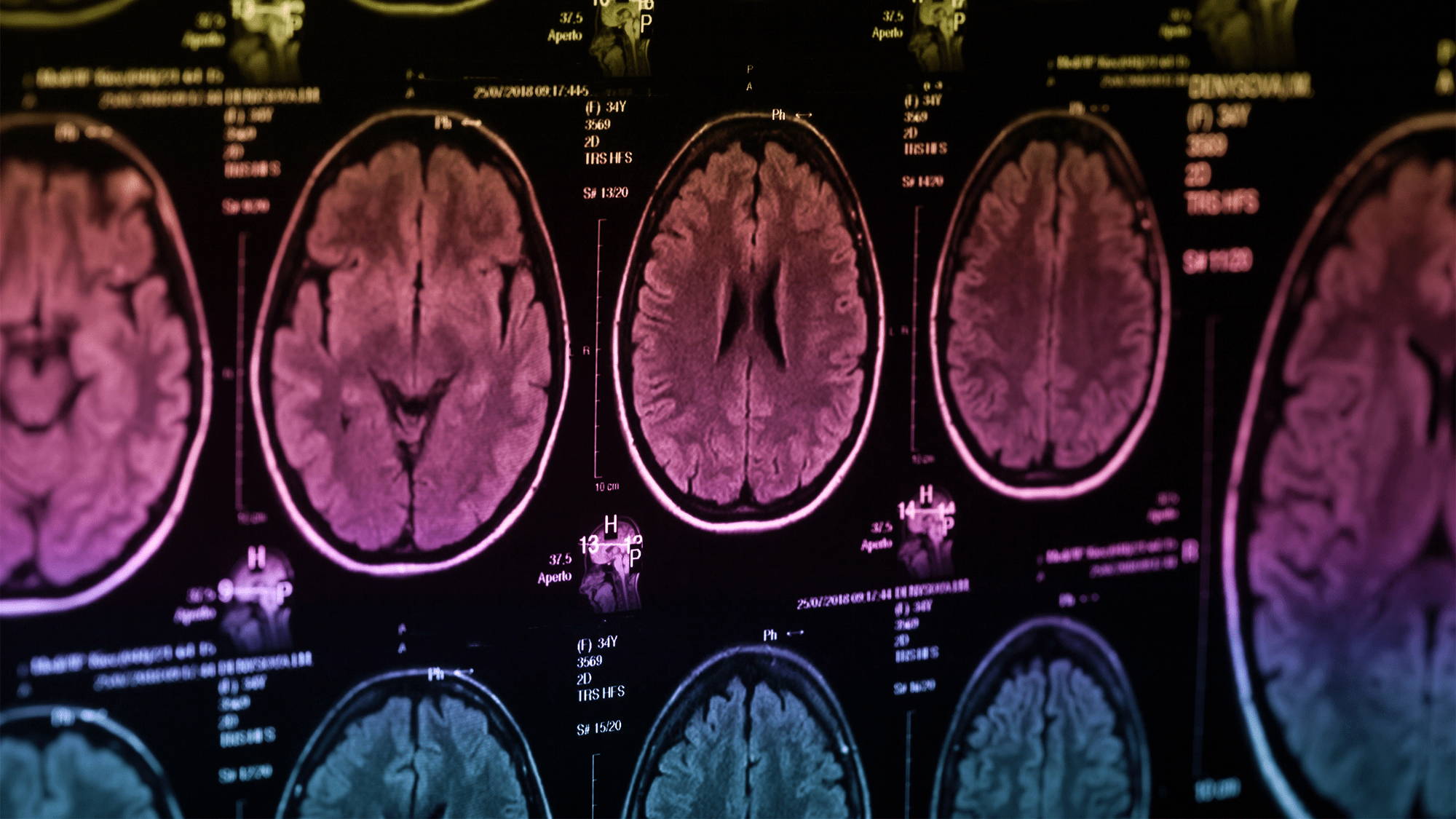It takes a huge amount of energy for human brains to grow to their current large size and be maintained over time. Our early human ancestors evolved to grow bigger brains, but the biological changes they went through to do so have been difficult for scientists to pin down. Now, new research points to our guts. The secret to our big brain may lie in the microbes that help the body break down food and produce energy. The findings are detailed in a study published December 2 in the journal Microbial Genomics.
Since brain tissue is energetically costly to the body, larger-brained animals like humans, elephants, whales, and dolphins need more energy to support the brain’s growth and general upkeep. Earlier studies have explored how different genes and the environment influence primates with larger and smaller brains. However, there is less data on how different primates use energy and how metabolism develops in different primate species.
“We know the community of microbes living in the large intestine can produce compounds that affect aspects of human biology—for example, causing changes to metabolism that can lead to insulin resistance and weight gain,” study co-author and Northwestern University biological anthropologist Katherine Amato said in a statement. “Variation in the gut microbiota is an unexplored mechanism in which primate metabolism could facilitate different brain-energetic requirements,” Amato said.
[Related: We probably have big brains because we got lucky.]
In a controlled experiment, Amato and a team of scientists implanted the microbes from two large-brain primate species (human and squirrel monkey), and one small-brain primate species (macaque), into laboratory mice.
After introducing the gut microbes into microbe-free mice, they measured the changes in mouse physiology over time. These changes include weight gain, as well as changes in fat percentage, fasting glucose, liver function, and other traits. The team also measured the differences in the types of microbes and the compounds that the mice were producing.
Initially, the team expected to find that microbes from different primates would lead to differences in the biology of the mice inoculated with them. They also expected to see that the mice with human microbes would have the greatest difference in biology from mice with microbes from the squirrel monkeys or macaques.
What they actually saw was that the mice with the microbes from the large-brain primate species produced and used more energy. Those with the microbes from the small-brain species stored more of the energy as fat.
“While we did see that human-inoculated mice had some differences, the strongest pattern was the difference between large-brained primates (humans and squirrel monkeys) and smaller-brained primates (macaques),” said Amato.
The mice that were given microbes from the humans and squirrel monkeys had similar biology, even though these two larger-brained primate species are not close evolutionary relatives. According to the team, this suggests something other than shared ancestry–potentially their shared large brain size–is driving the biological similarities seen in the mice inoculated with their microbes. This data also shows that gut microbes from different animal species shape variations in biology and supports the hypothesis that gut microbes could influence evolution by changing how an animal’s body functions, such as using energy from gut microbes to support brain size vs storing it as fat.
NEWSLETTER SIGN UP
“These findings suggest that when humans and squirrel monkeys both separately evolved larger brains, their microbial communities changed in similar ways to help provide the necessary energy,” said Amato.
In future studies, the team hopes to run this same experiment using microbes from additional primate species varying in brain size. They would also like to gather more data on the types of compounds that the microbes are producing and the biological traits of the hosts, such as immune function and behavior.


